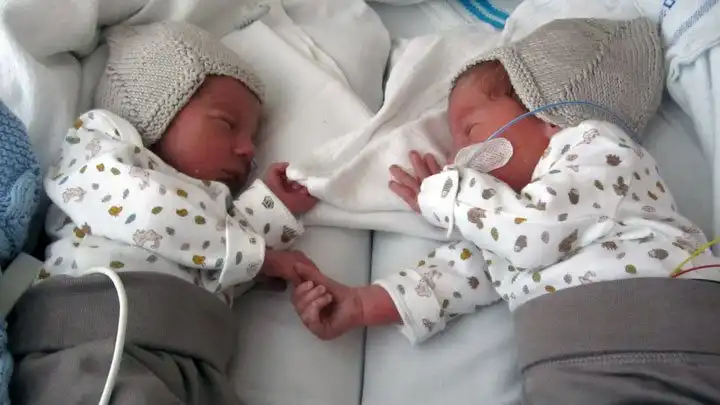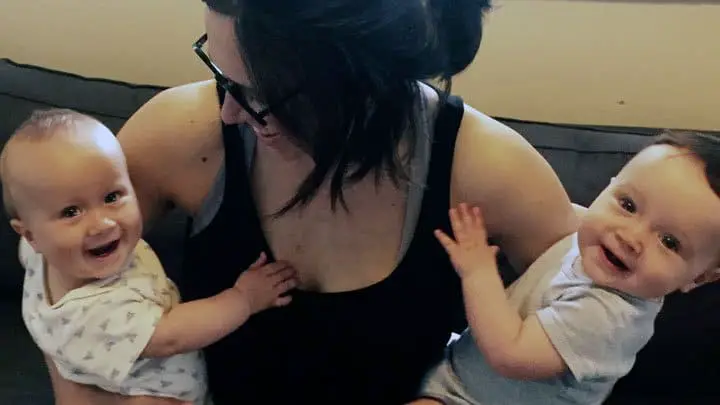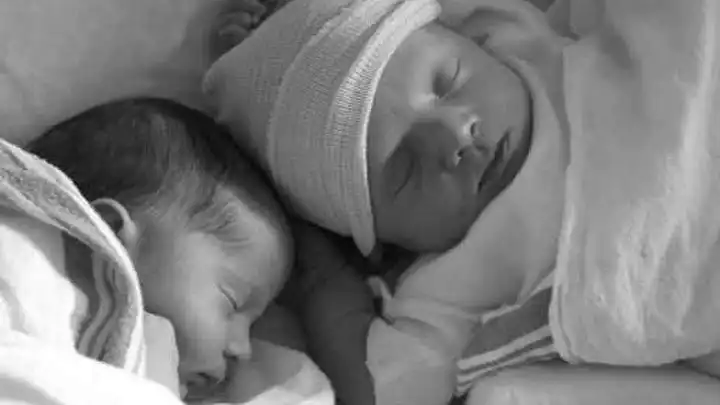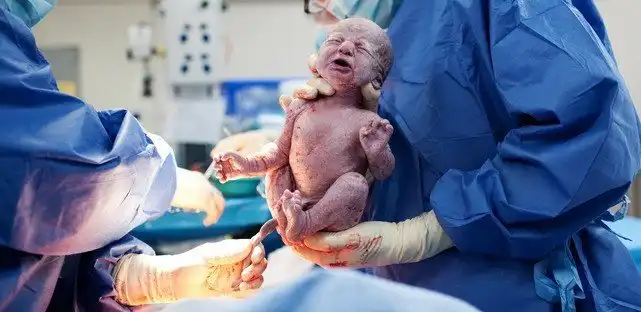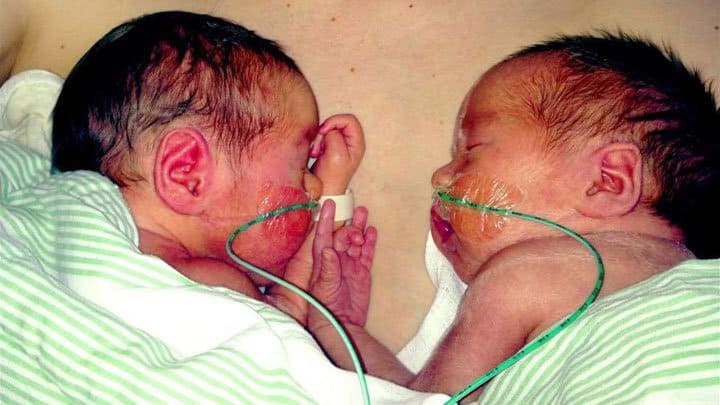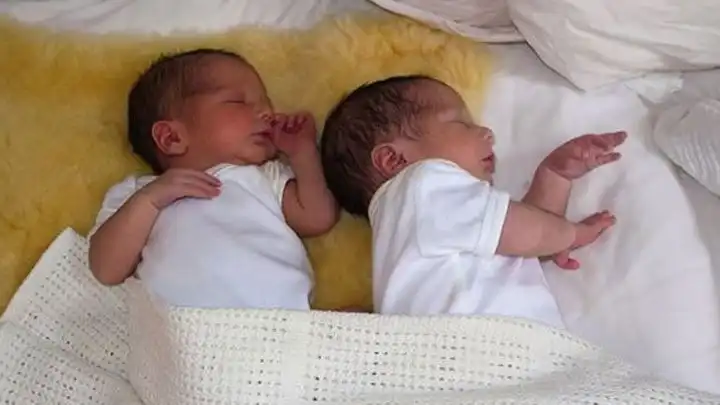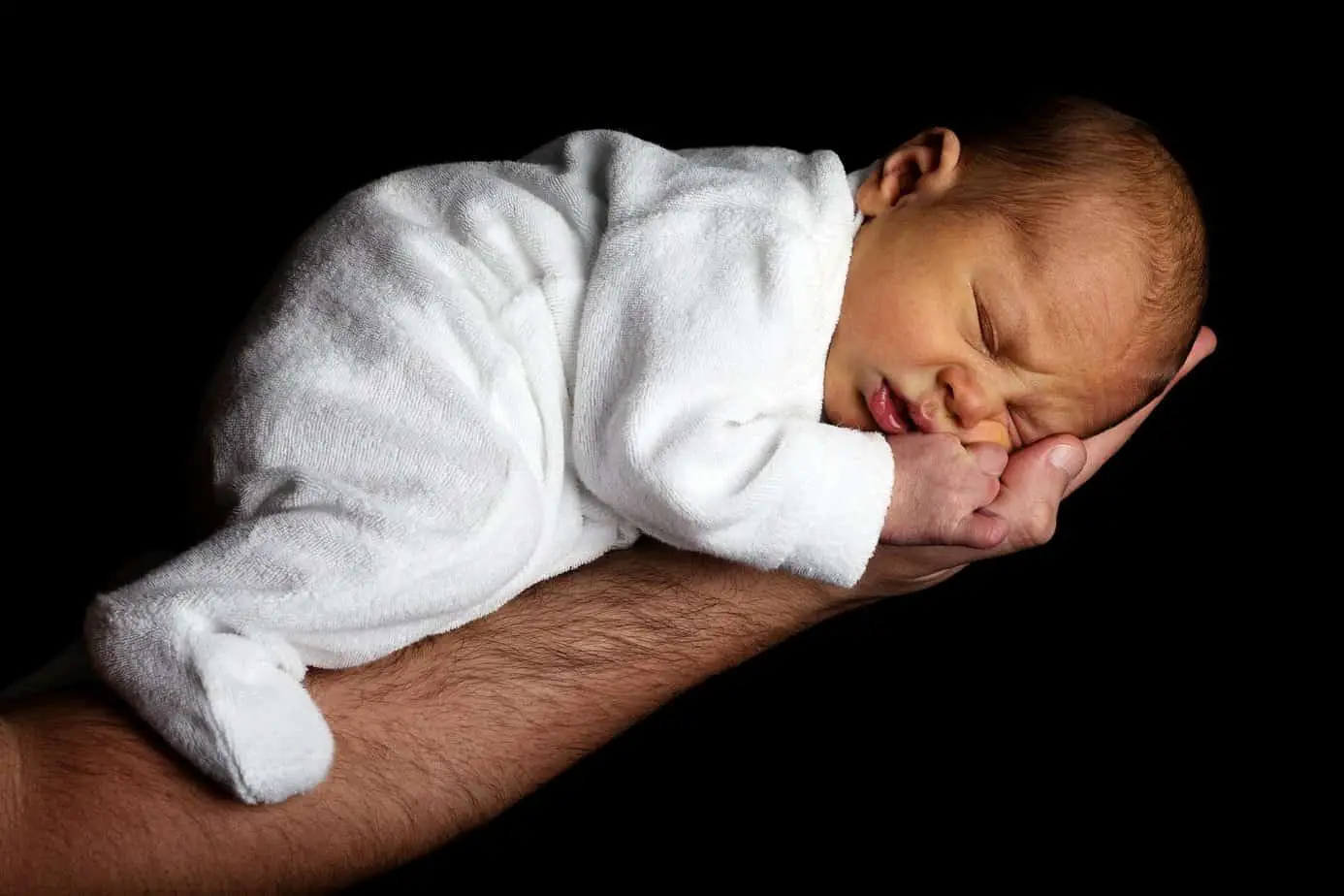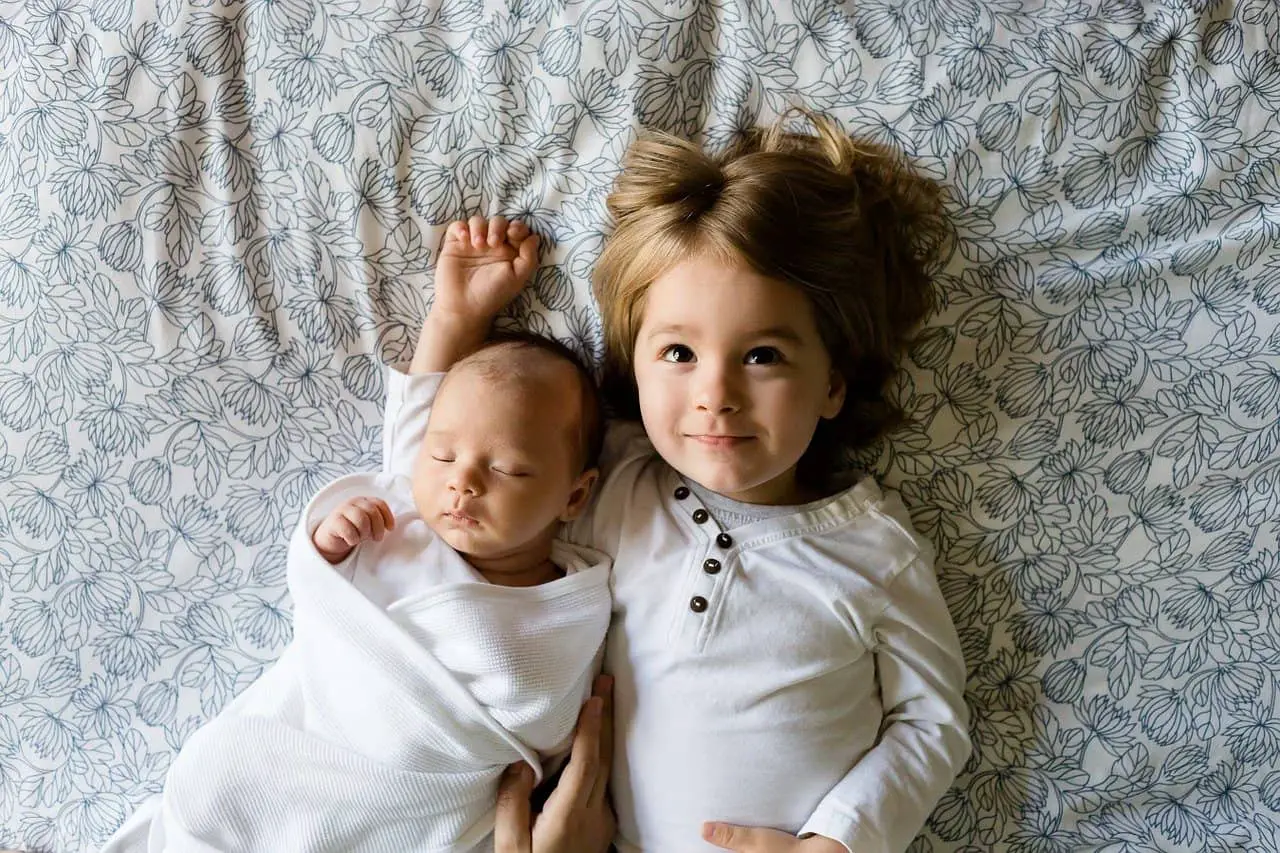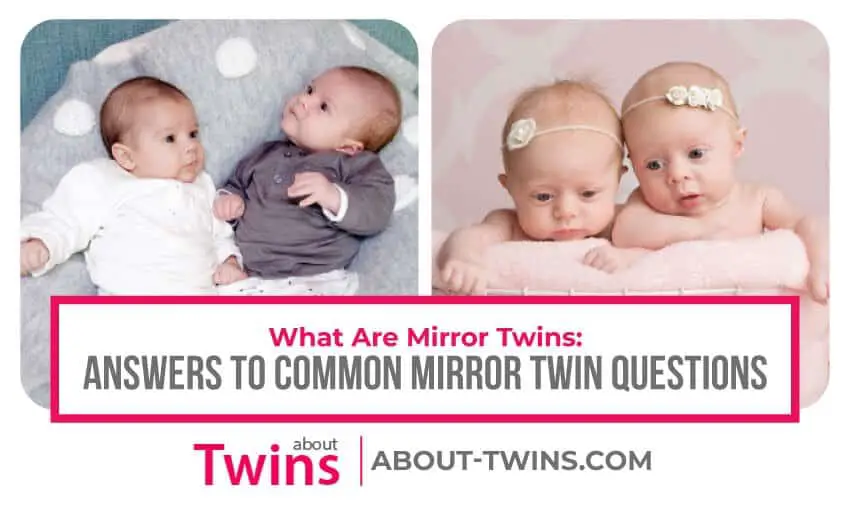Twins With Autism: Studies, Cause & Risk
Do you have twins with autism, or are you worried that one or both of twins twins might be on the spectrum? Find out more about Autism Spectrum Disorder and learn more about autism in twins studies.
What is Autism Spectrum Disorder?
Autism Spectrum Disorder (ASD) is a range of conditions classified as neuro-developmental disorders. It’s characterized by social-interaction difficulties, communication challenges and a tendency to engage in repetitive behaviors. These difficulties can be mild, severe or somewhere in between. It occurs in all ethnic and socioeconomic groups.
How common is Autism Spectrum Disorder?
In 2018, the Centers for Disease Control and Prevention issued the ADDM autism prevalence report. The report concluded that the prevalence of autism had risen to 1 in every 59 births in the United States. More boys than girls are diagnosed with autism. Boys are four times more likely to be identified with Autism Specter Disorder than girls.

What causes autism?
There’s an ongoing debate whether genetics or the environment play the biggest part in autism. There have been contradictory studies, and the medical community are still looking into the causes of autism. Some believe that genetics play a major role, whereas others look more to the environment or a combination of the two.
Twins autism study
A twin autism study, published in the Journal of Autism and Developmental Disorder, concluded that high levels of autism symptoms are genetic. That’s especially the case for children who show extreme symptoms in the areas of social communication skills and repetitive behaviors.
California autism twins study
Another twin autism study came to a different conclusion. A California autism twins study found that the environment played a significant part. Fraternal twins, who share the same environment before birth, but aren’t more genetically similar than ordinary siblings, were more likely to both have an autism spectrum disorder.

Are twins with autism common?
Some studies have found a higher rate of autism among twins – both identical and fraternal twins. Other studies have not been able to find a clear link concluding that being twins isn’t a substantial risk factor for being diagnosed with Autism Spectrum Disorders.
What if one twin is diagnosed with autism?
The probability that both twins will have autism is observed in twin studies to be 60 to 90 percent among identical twins. For fraternal twins it’s 3 to 31 percent. However, there’s still a lot of unknowns when it comes to twins and autism. New twin studies in relation to Autism Spectrum Disorders are continuously being published.


